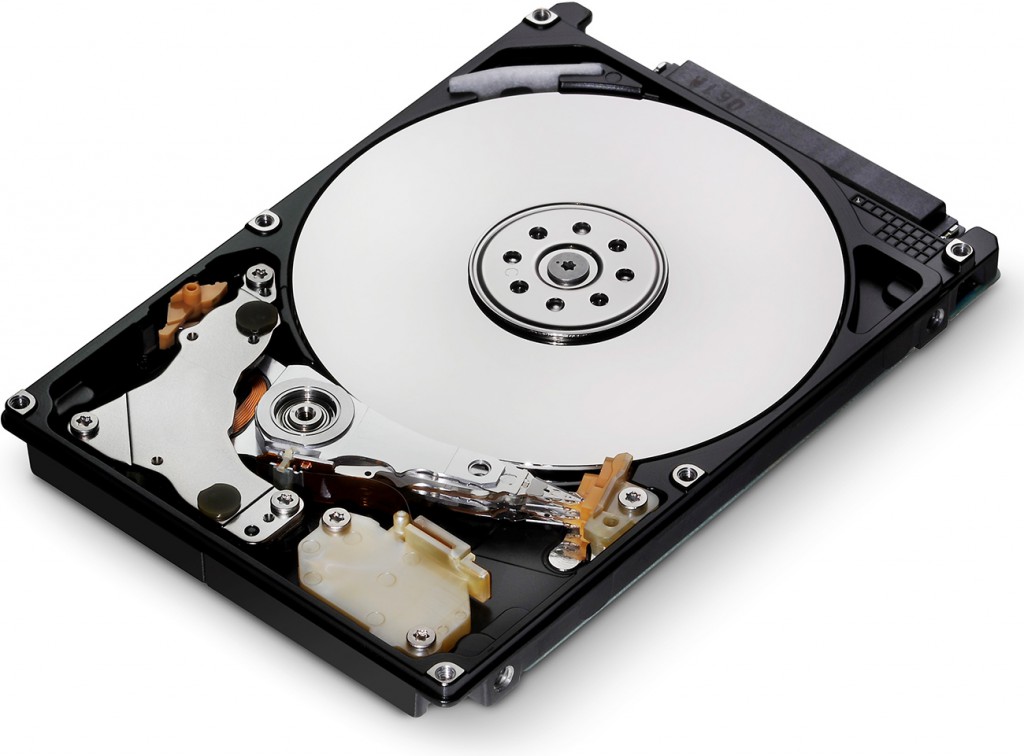First of all, SSDs (Solid State Drives) and HDDs (Hard Disk Drives) are devices that are capable of storing memory whether they are being provided power or not.
The main difference between HDDs and SSDs is the fact that the first are mechanical and the latter are not. This means that while HDDs are limited by their mechanical nature (having to rotate a disk), SSDs are able to outrun them in a lot of categories.

Here are some pros and cons of the 2 storage options:
- SSDs are faster (a lot faster) than HDDs
- While HDDs make some noise (mostly due to vibrations), SSDs make virtually no noise
- SSDs are more expensive than HDDs (considering the same amount of storage)
- SSDs are more reliable than HDDs, since they don’t have moving parts
- At the moment, consumer grade SSDs don’t have as much maximum capacity as HDDs do
- SSDs also consume less power than HDDs (which is pretty good for laptops)
- Since SSDs are a relatively new technology, they are still diminishing in size (for HDDs to reduce their size they would have to be even slower and have less storage). SSDs are also available in a few different form factors, which can be seen in the picture bellow

So, all in all, to answer the question “What type of storage should I buy?”
I can conclude that SSDs should be bought mainly for your primary storage (where you keep your OS and some programs). On the other hand, if you are into video editing or an activity that requires you to use a lot of memory, you should probably use HDDs (since they are a lot cheaper).
Sources :
http://www.kitguru.net/components/hard-drives/anton-shilov/hdd-expert-reliability-of-hdds-depends-on-manufacturing-process/
GT Explains: What are PCIe SSDs and How They Differ from Regular SSDs

Pingback: From HDD to SSD (ASUS R541U) – My website